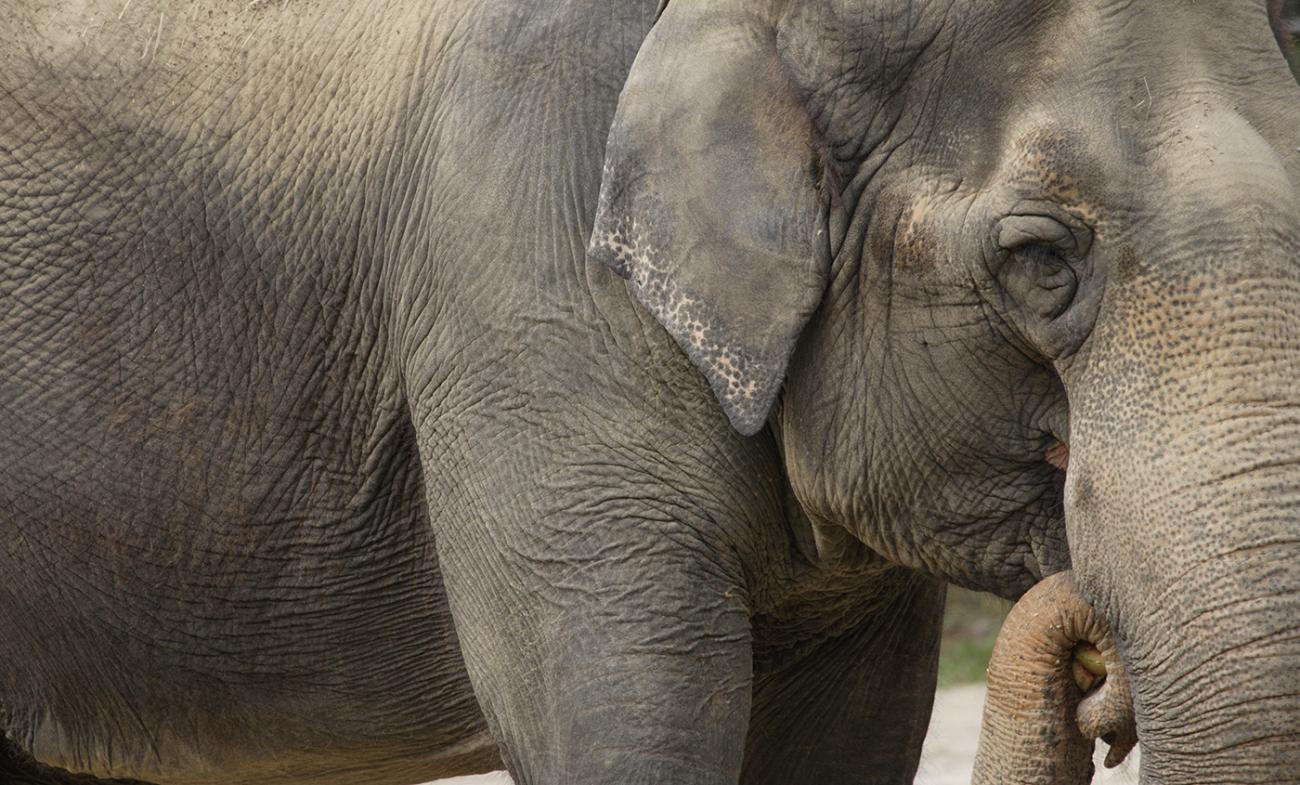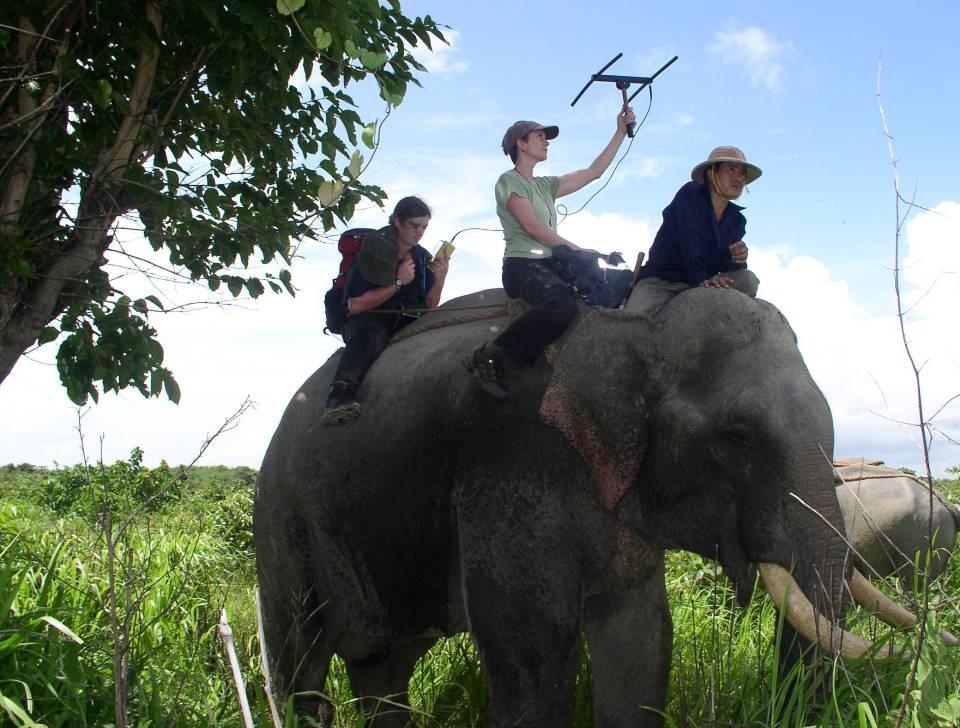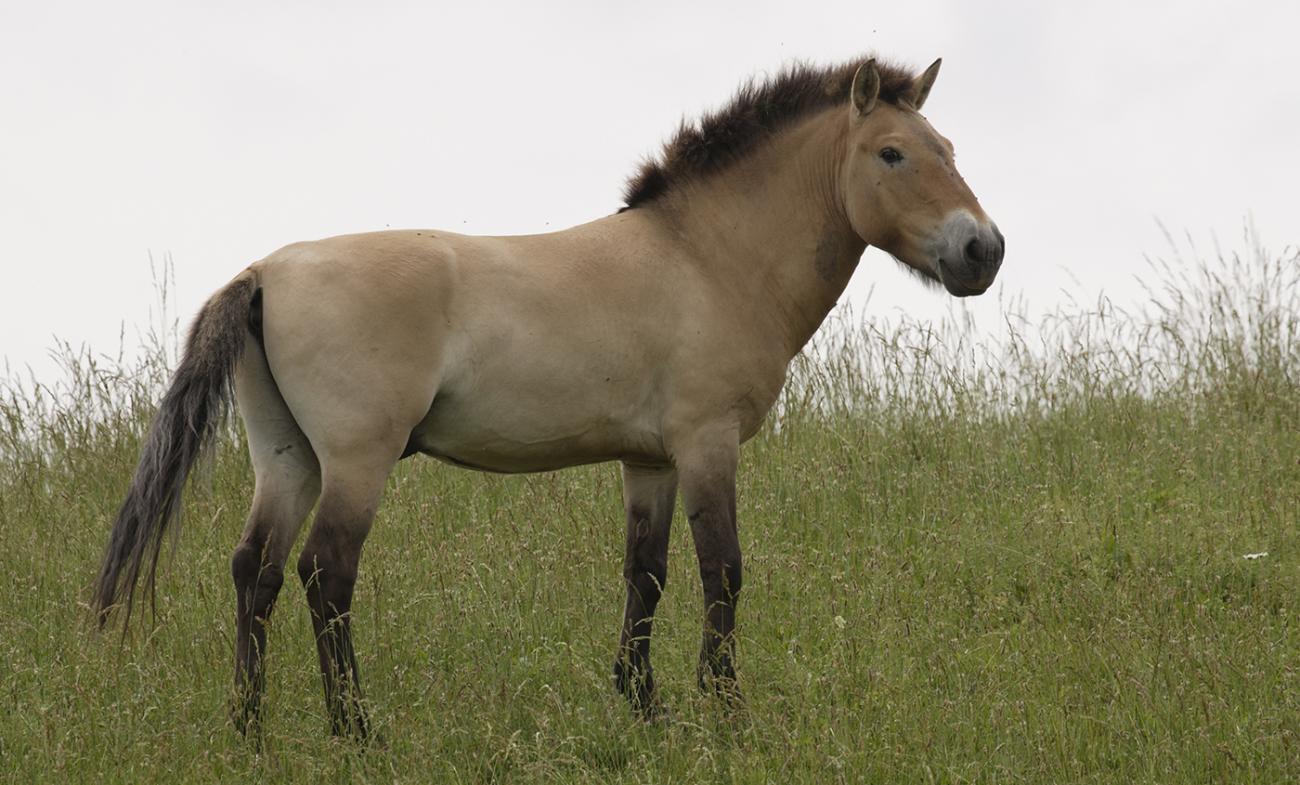Biography
John McEvoy is a postdoctoral fellow at the Smithsonian Conservation Biology Institute's Conservation Ecology Center. McEvoy's work revolves around conservation and animal movement behavior, specifically the interplay between environmental, physiological and cognitive factors that shape observed patterns of movement in wide-ranging and nomadic species. McEvoy works with Melissa Songer and Peter Leimgruber on two main projects: using GPS tracking to help understand human-elephant conflict in Myanmar and the movement behavior of reintroduced Przewalski’s horses in Hustai National Park, Mongolia.
McEvoy’s Ph.D. research investigated the spatial ecology of nomadic waterfowl in the arid regions of inland Australia. Using behavioral change point analysis and random forest classification, this study revealed phases of exploratory behavior and identified key environmental factors that influence the initiation of long distance nomadic flight. His recent postdoctoral work includes the use of satellite telemetry to monitor populations of water birds on continental scales, combining tools such as rapid-response satellite imagery and UAV-mounted cameras to provide accurate and timely counts of waterfowl on targeted wetlands within landscapes where the distribution of habitat is often unpredictable.
McEvoy hails from the Republic of Ireland where he received a B.S. (honors) in environmental science and technology in 2004, before earning an M.S. in ecology from the University of Wales in 2007. In 2015, McEvoy completed his Ph.D. at the Centre for Integrative Ecology at Deakin University in Australia. McEvoy has worked in the Mammal Unit at University of Bristol (UK), at the Behavioural and Physiological Ecology group at University of New England (Australia) and as a consultant wildlife ecologist with the Australian Wildlife Conservancy. He is a passionate advocate for evidence-based approaches to developing conservation policy and has collaborated with many research groups and NGOs around the world on taxa as diverse as parrots, foxes, waterfowl, fish and elephants.



